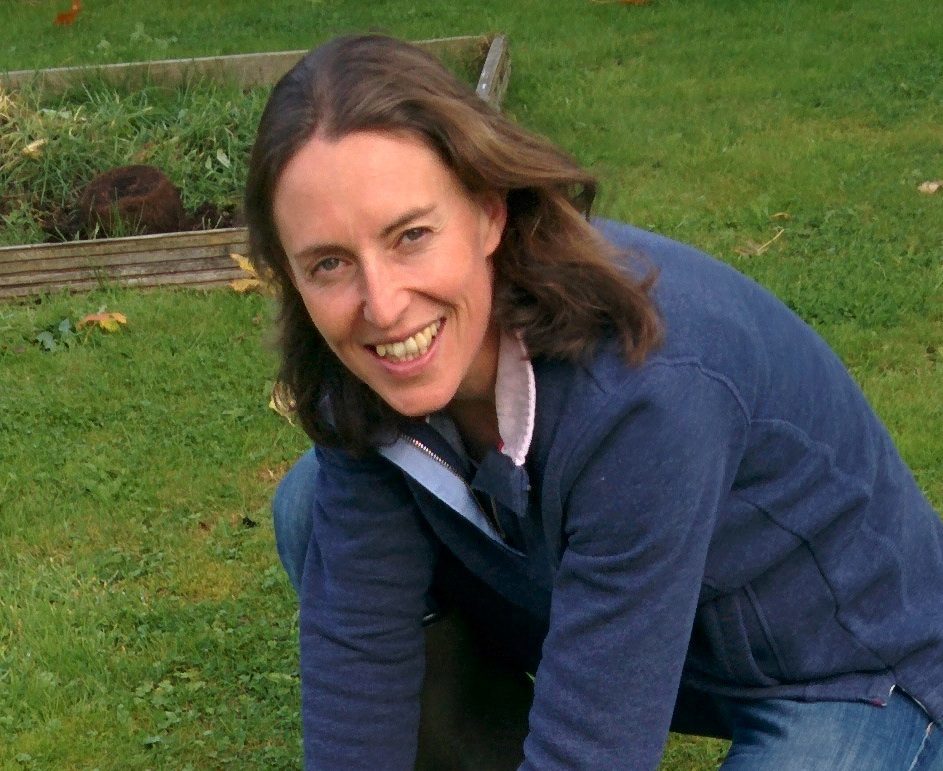The leader of Britain’s vets has called on politicians and policymakers to recognise the contribution of the profession in achieving Scotland’s £2 billion agri-food output.
Addressing 100 guests at a dinner in the Scottish Parliament, the British Veterinary Association (BVA) president Gudrun Ravetz said a strong vet workforce was vital to maintaining high welfare and food safety standards.
“Not a penny of Scotland’s £2 billion agri-food outputs could be realised without vets; veterinary teams support half of all Scotland’s households, which own pets; and vets are an integral part of the international scientific community which is being put to good use in Scotland’s world-leading veterinary schools and research institutes,” she said.
Mrs Ravetz pointed out that around 50% of vets registering to practise in the UK come from the rest of the EU and reiterated the BVA’s demand in forthcoming Brexit negotiations that Government guarantees working rights for non-British EU vets and vet nurses currently working and studying in the UK at the existing level, and with no time limit.
She added that last year’s Avian Influenza outbreak, which hit a farm near Dunfermline, and others throughout Great Britain, reinforced the need for a robust surveillance system, underpinned by vets’ frontline presence, to protect the health of livestock.
Mrs Ravetz praised some aspects of Scottish Government policy, and said the BVA would like to see the tripartite partnership of Government, vets and farmers continue, through the development of control measures for Infectious Bovine Rhinotracheitis (IBR) and Johne’s disease.
However she said she was “extremely disappointed” at the Government’s proposed controls around dogs’ electronic training collars and the tail docking legislation.
“Without an outright ban on both of these issues, we have grave concerns over how enforceability will work – and the toll they will take on overall dog welfare,” she said.
Mrs Gudrun also said she was concerned about veterinary recruitment and retention.
“ It is a major challenge throughout rural Scotland, and the Government’s financial support for the Highlands and Islands Veterinary Services Scheme is invaluable in enabling the provision of vital veterinary services in these hard to reach places,” she said.
